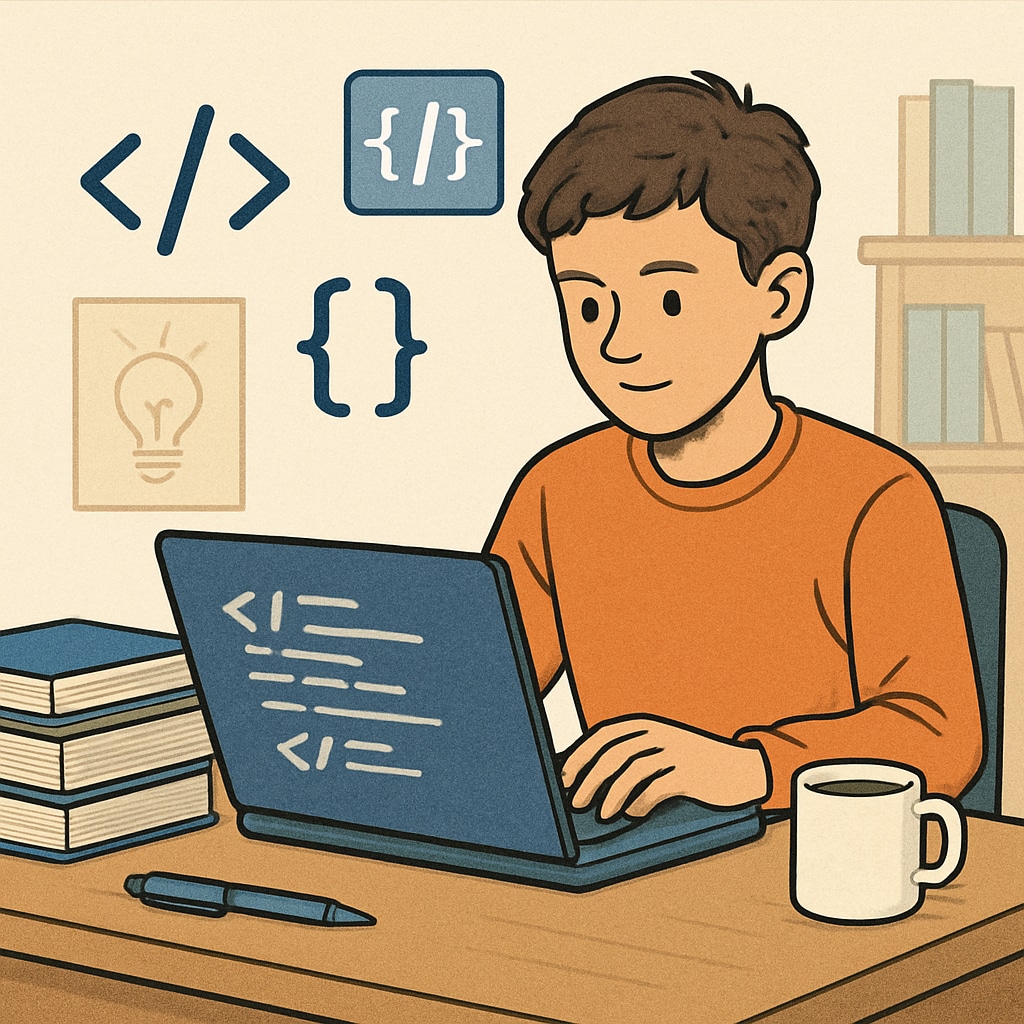Helping teenagers navigate their education can be challenging, especially when they lack learning motivation. However, if your teen has a specific interest—like programming, music, or sports—it can become the foundation for cultivating broader learning and life skills. This article focuses on how to use interest-driven strategies, family support, and professional intervention to help teens develop healthy study and lifestyle habits. By addressing their unique passions, you can activate their potential for holistic growth and long-term success.
Understanding the Root Causes of Low Motivation
Before diving into strategies, it’s essential to understand why teens may lack learning motivation. For some, traditional educational settings may feel disconnected from their interests. For others, high expectations or academic pressure might lead to avoidance. Identifying these causes is the first step in crafting an effective plan.
For example, a teen passionate about coding might struggle to see the relevance of history or literature classes. However, by connecting their passion to these subjects—like showing how storytelling impacts game design or how historical context informs technological progress—you can make learning more engaging and meaningful.

Interest-Based Learning: Building Motivation from Passion
One of the most effective ways to motivate teens is to align learning with their interests. This approach, often called “interest-based learning,” allows teens to see the value of education in the context of what excites them most.
- Integrate their interest into academics: For example, a teen interested in programming might enjoy math if it’s framed as a tool for creating algorithms.
- Provide real-world applications: Show how their passion can lead to meaningful career paths or impactful projects.
- Set achievable goals: Break their interests into smaller, manageable tasks, like creating a simple app or learning the basics of a new coding language.
By connecting their passion to their studies, teens can develop intrinsic motivation—the kind that comes from within rather than from external rewards.
The Role of Family Support in Boosting Learning Motivation
Family support plays a pivotal role in fostering a teen’s overall development. Parents and guardians can create an environment that nurtures curiosity and resilience. Here’s how:
- Encourage open communication: Talk to your teen about their interests and struggles. Understanding their perspective builds trust and helps you tailor your support.
- Celebrate small wins: Recognize and reward their efforts, even if progress seems slow.
- Model positive habits: Demonstrate the importance of lifelong learning by engaging in your own hobbies or taking up new challenges.
For example, if your teen enjoys programming, consider learning some basic coding yourself. This shared experience can strengthen your bond and show them the value of continuous learning.

When to Seek Professional Intervention
In some cases, lack of motivation may stem from deeper issues, such as anxiety, ADHD, or depression. If your efforts don’t yield results, consider seeking help from a professional, such as a counselor or educational psychologist.
Professionals can provide tailored strategies, such as:
- Cognitive-behavioral techniques: Helping teens reframe negative thoughts about learning.
- Skill-building workshops: Focusing on time management or study strategies.
- Interest-driven mentoring: Pairing your teen with a mentor who shares their passion.
Professional guidance can complement your efforts, ensuring your teen receives the support they need to thrive.
Creating a Balanced Routine for Holistic Growth
While nurturing a teen’s specific interests is important, balance is key. Encourage your teen to diversify their activities and develop skills in other areas to promote holistic growth. For instance:
- Physical health: Incorporate regular exercise and a balanced diet into their routine.
- Social connections: Support participation in clubs or community groups to enhance interpersonal skills.
- Downtime: Allow time for relaxation and hobbies to prevent burnout.
By maintaining a well-rounded routine, teens can develop resilience and adaptability—skills that will serve them for life.
Conclusion: Activating Potential Through Targeted Support
Helping teens transition from a singular focus on their specific interests to a more balanced and motivated approach to learning requires patience and creativity. By combining interest-based strategies, family support, and professional intervention, you can unlock their full potential. Remember, every small step builds momentum. Start by connecting their passions to broader life lessons, and watch as their confidence and motivation grow.
For further reading: Check out resources like Intrinsic Motivation on Wikipedia and Motivation on Britannica for additional insights.
Readability guidance: Use short paragraphs and lists to summarize key points; aim for balance between active and passive voice; and distribute transition words throughout the text.


